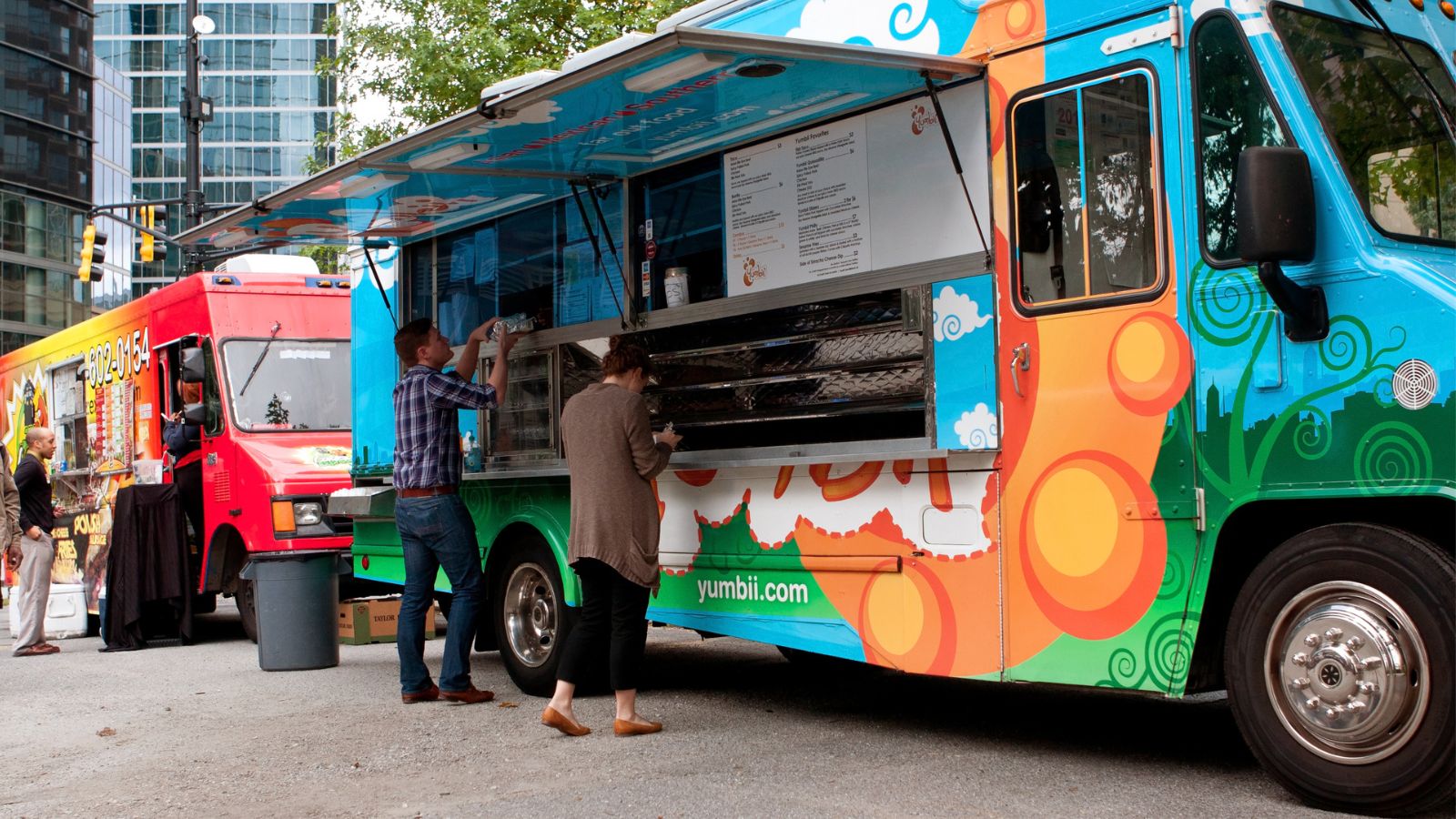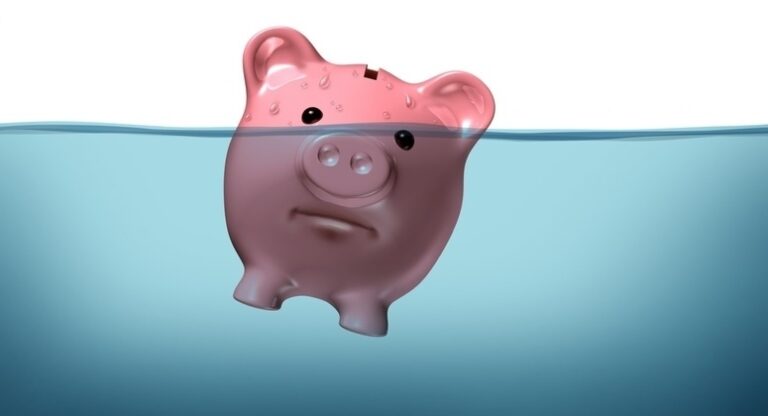15 Things to Always Pay for Using Cash

In an age where digital payments and credit cards dominate, it can be easy to forget the benefits of using cash. For certain purchases, paying with cash is not only simpler but can also save you money and help you manage your budget more effectively. Whether it’s avoiding fees, sticking to a spending limit, or taking advantage of cash-only discounts, there are several compelling reasons to keep some bills in your wallet.
1. Small Purchases

Paying for small purchases like a cup of coffee, a newspaper, or a quick snack with cash can simplify transactions and help you keep track of your spending. Using cash for these minor expenses prevents your credit or debit card from being cluttered with numerous small transactions, making it easier to manage your account. It also reduces the likelihood of overspending, as you can physically see the money leaving your wallet. This method encourages mindful spending and can help you stick to a budget.
2. Tipping Service Workers

When tipping service workers, such as waitstaff, bartenders, or valets, using cash ensures they receive the full amount immediately. Cash tips are more personal and appreciated, as they often go directly into the worker’s pocket without having to wait for their employer to process credit card tips. This immediate gratification can be especially beneficial for workers who rely on tips as a significant part of their income. Additionally, cash tips can sometimes avoid potential deductions or delays associated with card transactions.
3. Flea Markets and Yard Sales

Flea markets and yard sales are prime examples of places where cash is king. Many vendors and sellers at these events prefer cash due to the simplicity and immediacy of the transaction. Using cash can also give you more bargaining power, as sellers are often more willing to negotiate when they see physical money. This direct exchange can lead to better deals and a more satisfying shopping experience.
4. Food Trucks and Street Vendors

Food trucks and street vendors often operate on tight margins and may prefer cash to avoid credit card processing fees. Paying with cash at these establishments helps support small businesses and can sometimes lead to faster service. Additionally, using cash can make it easier to stay within your budget when indulging in delicious street food. The simplicity of cash transactions benefits both the customer and the vendor.
5. Farmers’ Markets

Farmers’ markets are another setting where cash transactions are often preferred. Many small-scale farmers and artisans selling their goods at these markets might not have access to card payment systems. Using cash ensures a smooth transaction and helps support local agriculture and crafts. The tangible exchange of cash can also foster a more personal connection between buyers and sellers, enhancing the overall market experience.
6. Budgeting and Envelope System

Using cash for budgeting through the envelope system can help you manage your finances more effectively. By allocating specific amounts of cash to different spending categories (e.g., groceries, entertainment, gas), you can better control your expenditures. Once an envelope is empty, it signals that you’ve reached your limit for that category, encouraging more mindful spending. This tactile approach to budgeting can be more effective than using cards, as it provides a clear visual representation of your spending limits.
7. Local Festivals and Events

Local festivals, fairs, and events often feature numerous vendors and activities where cash is the preferred or only accepted payment method. Using cash at these events simplifies transactions and can help you keep track of your spending amid the fun and excitement. It also supports local businesses and artisans who rely on these events for income. Having cash on hand ensures you won’t miss out on any activities or treats due to a lack of card acceptance.
8. Public Transportation

In many cities, public transportation systems such as buses, subways, and trains still accept cash payments. Carrying cash for fares can be more convenient, especially in areas where electronic payment options are limited or unreliable. Using cash can also help you avoid the hassle of dealing with ticket machines or apps that might malfunction. Ensuring you have cash on hand for public transport can make your commute smoother and more efficient.
9. Tolls and Parking Fees

Paying for tolls and parking fees with cash can save time and avoid potential issues with card payments. Not all toll booths or parking meters accept cards, and using cash can ensure a quick and hassle-free transaction. Keeping cash in your car for these expenses can prevent delays and make your travel experience more seamless. This practice also helps you avoid unexpected fees that might arise from using a card in such scenarios.
10. Personal Services

Personal services such as haircuts, manicures, and massages are often best paid for with cash. Many small salons and service providers prefer cash to avoid card processing fees and delays in receiving payments. Paying with cash can also make it easier to tip generously and ensure that the service provider receives the full amount promptly. This direct payment method supports local businesses and provides a more personal and appreciated transaction.
11. School Activities and Fundraisers

School activities, fundraisers, and events often rely on cash transactions. Whether it’s paying for a bake sale item, buying tickets to a school play, or contributing to a fundraiser, using cash simplifies the process. Schools and parent-teacher associations may not always have the resources to handle card payments, making cash the easiest option. This method also ensures that the full amount goes directly to supporting school programs and activities.
12. Emergency Situations

Having cash on hand for emergencies is always a good idea. Whether it’s a natural disaster, a power outage, or an unexpected situation where card payments aren’t possible, cash can be a lifesaver. Keeping a small emergency fund in cash ensures that you have access to money when electronic systems fail. This preparedness can provide peace of mind and make it easier to handle unforeseen circumstances.
13. Babysitters and Household Help

Paying babysitters, house cleaners, and other household help with cash can be more convenient and appreciated. Many individuals in these roles prefer cash for its simplicity and immediacy. Cash payments ensure that workers receive their full compensation without delays or deductions. This direct approach can also strengthen the relationship between employer and employee by fostering trust and reliability.
14. Gifts and Donations

Giving cash as a gift or donation can be more meaningful and practical in certain situations. Whether it’s a wedding gift, a birthday present, or a contribution to a charitable cause, cash provides flexibility for the recipient. It allows them to use the money as they see fit, whether for personal enjoyment or addressing immediate needs. Cash donations also eliminate any processing fees that might reduce the amount received by the charity.
15. Paying Off Debts to Friends and Family

When repaying borrowed money to friends and family, using cash can be the most straightforward and appreciated method. Cash payments avoid the potential complications and misunderstandings that might arise from electronic transfers or checks. Handing over cash in person can also provide a sense of closure and accountability for both parties. This tangible exchange reinforces trust and ensures that debts are settled clearly and amicably.
Get Paid To Nap: 12 Ways To Earn Money While You Sleep

Get Paid To Nap: 12 Ways To Earn Money While You Sleep
16 Creative Ways To Make Money






